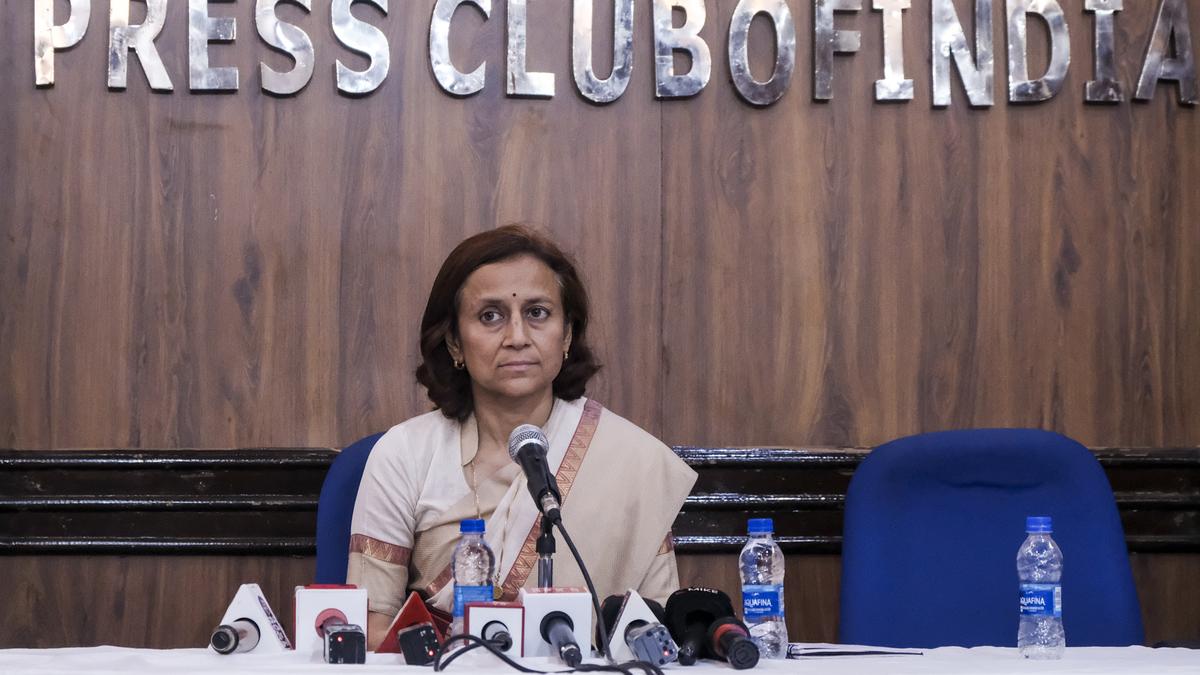By Krishnadas Rajagopal
Copyright thehindu

Climate activist Sonam Wangchuk’s wife, Dr. Gitanjali J. Angmo, has moved a habeas corpus petition in the Supreme Court against the preventive detention of her husband under the National Security Act (NSA), 1980, following violent protests on September 24 in Leh.
Ms. Angmo has asked the apex court to direct the authorities to come clear about the whereabouts of Mr. Wangchuk and order his immediate release from detention. She submitted that it has been a week since Mr. Wangchuk was reported to be detained at Jodhpur in Rajasthan on September 26. She said there was no information about the grounds of his detention or about the state of his health.
Section 3 of the NSA empowers the appropriate government to issue a detention order for preventive detention if the activities of an individual is found prejudicial to public order, security of the State, India’s relations with foreign powers or the maintenance of supplies and services essential to the community.
The NSA requires the detention order to be issued only after the competent authority found “vital and relevant material” to show that the person under question’s actions were prejudicial to national interests or public order. The detention order ought to be reasoned and supplied to the person concerned or his family.
The Supreme Court, in a series of judgment, has down guidelines for authorities using their subjective satisfaction to detain persons under the NSA, including the taking into consideration only relevant and proximate material to arrive at the requisite subjective satisfaction.
The court is bound to examine whether the authorities exercised their implicit duty to eschew anything irrelevant and remote to deprive a person of his fundamental right to personal liberty. Judicial review would involve looking into whether the ‘subjective satisfaction’ of the authority leading to the detention of a person was based on objective facts or, on the other hand, influenced by any caprice, malice or irrelevant considerations or non-application of mind.
The apex court has consistently held that “preventive detention of a person is a drastic measure and an order of preventive detention has the effect of invading a person’s personal liberty”.
A statement released by the Union Territory of Ladakh Administration had blamed Mr. Wangchuk for continuing with his hunger strike despite government overtures for talks. “His series of provocative speeches, reference to Nepal agitations, Arab Spring, etc, and misleading videos resulted in the violent protests of September 24, 2025 in Leh where institutions, buildings and vehicles were burnt down and, in the aftermath, police personnel were attacked leading to the unfortunate death of four individuals”. The release had said it was “not advisable to keep him [Wangchuk] in Leh district”.



